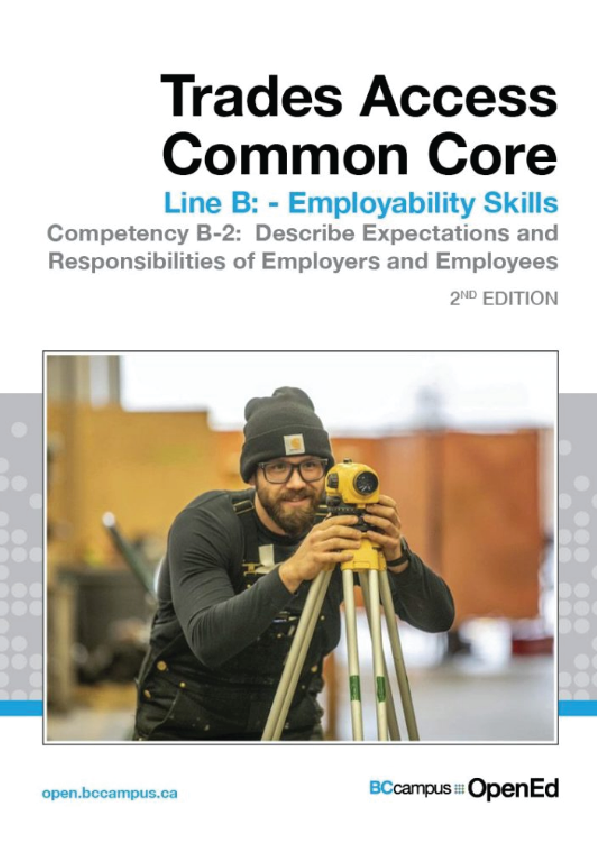First, we will examine models that relate law and ethics. This will help you understand how ethical duties often become legal duties, how ethical duties expand on legal duties, and when these overlap (or not!).
Second, we will review much material about the law itself. If you violate legal duties, someone will probably sue you or you’ll go to jail. If you value your assets, or your freedom, this material is worth covering. One important legal duty we will examine is the duty many businesses have to make money for others.
Third, we will cover material on ethics. If you behave ethically, it is also less likely that someone will sue you or you’ll go to jail. It is also more likely that you’ll be the kind of employee / employer / partner with whom others will want to do business. Plus, people that live by an ethical code are probably happier than those that do not, perhaps because those that do not are being sued or trying to escape from prison.
Fourth, we will cover material on stakeholders: those who are affected by the things your business does. Considering legal and ethical duties to stakeholders, as well as how those stakeholders affect your business, can be important to helping your business be profitable in the long-term.
Fifth, we will examine a special category of stakeholder: employees. As most people will either be an employee or an employer at some point in their lives, understanding legal duties owed to employees will help with the goal of avoiding liability. Understanding theory developed to understand employees as stakeholders will help with long-term business success.
Sixth, we will examine duties to the environment, both from a legal and ethical perspective. As the environment affects the happiness of you and others in a deep way, and is a heavily regulated area of business, this chapter matters.
Seventh, we will cover business and society from a perspective of strategy. Can applying stakeholder theory help with long-term profit maximization? Can philanthropy be strategic? We will then conclude the text by discussing the role of stakeholder or consumer responsibility.
Legal and ethical duties are very different. They often overlap, but may also diverge.
Legal duties are those standards created by society for which non-compliance may result in a lawsuit or criminal charges. They stem from statutes passed by state or national legislatures, regulations passed by administrative agencies, and common-law duties created by courts over time. Legal duties come with external, compulsory enforcement mechanisms. For example, if a company fails to comply with laws for paying employees overtime, those employees may join together and sue the company for violation of the law. Or, if an individual for a company trades on the company’s stock in a way that violates federal securities law, that individual may likely go to jail for their actions.
That is, there are no “ethics police” that may imprison or fine company officials if they fail to behave ethically. The boundaries of what is ethical or not may be more unclear than what is legally required or not, and consequences for unethical behavior play out in the courts of public perception rather than courts of law.
In many cases, legal and ethical duties may overlap. For instance, not committing fraud would be considered an ethical duty and a legal duty. That is, committing fraud is the kind of conduct that can easily result in lawsuits or criminal charges, and committing fraud would also violate generally accepted principles of ethics.
In other cases, legal and ethical duties may diverge. For instance, failing to comply with a speed limit violates a legal duty, but if one does so in order to respond to an emergency with lives at stake, ethics may suggest exceeding the limit. The following two Questions will consider the overlap and divergence between law and ethics in more detail.











